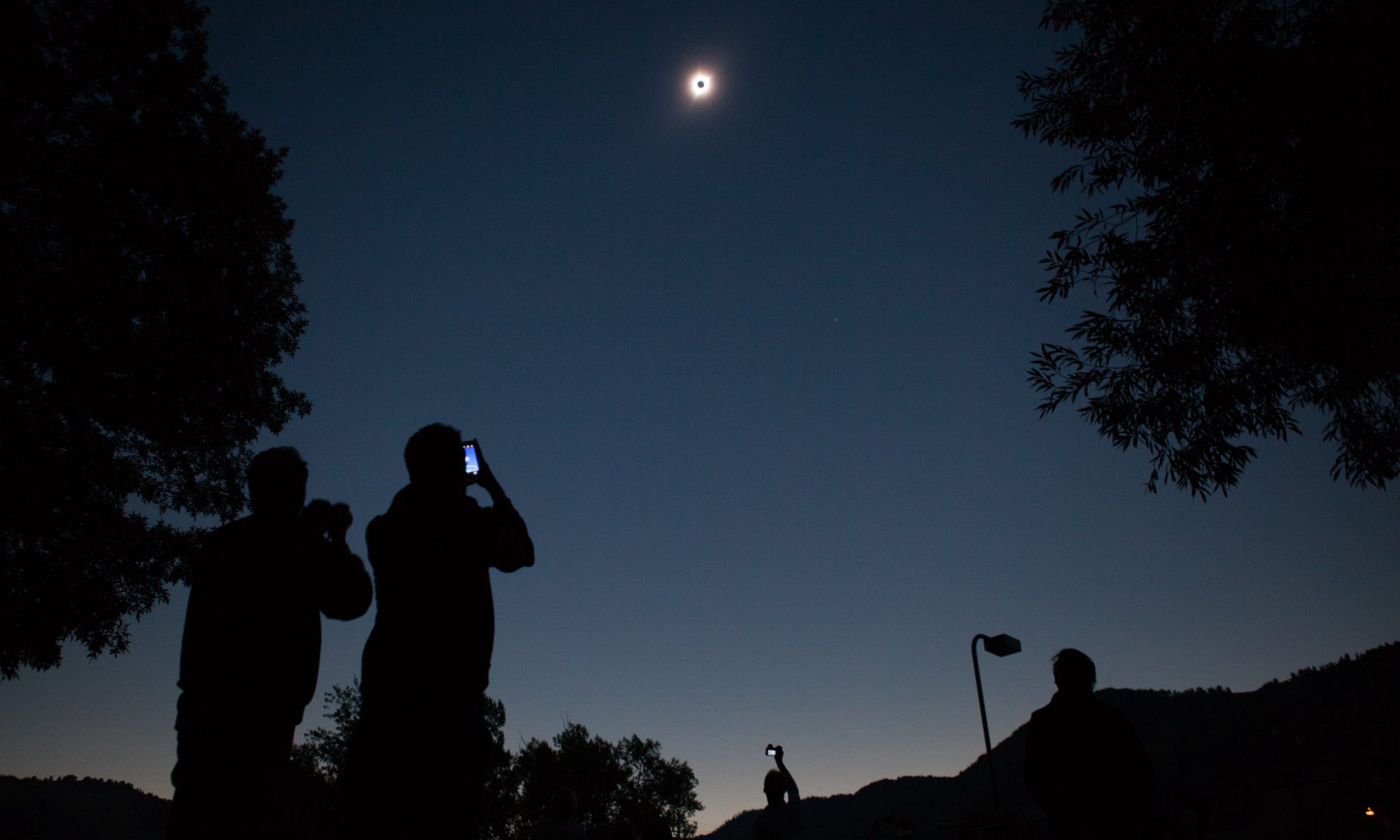Did you ever have the dream of being a space scientist or being an important part of a NASA project? Well, here is your chance! Become a CitizenScientist during the eclipse! The Great North American Eclipse will pass over Perry County on April 8, 2024, and will once again give us here along the path another unique opportunity to participate in experiments and experiences that only happen during a total solar eclipse. In 2017 NASA and other science-based organizations offered opportunities for citizens within the path to help collect data and images to be documented and studied to further our knowledge about eclipses. Here are some ways you can become involved and make a difference in the study of space science for future generations.
For those who are interested in meteorology, help us observe how the eclipse changes atmospheric conditions in our region. Did you notice in 2017 when the temperature dropped as much as 15 degrees or maybe you noticed the shifting of the winds? It was a strange feeling when the breezes were coming from one direction and then suddenly, the breeze was coming from a different direction. If you find this science interesting check out the GLOBE Eclipse app. This is a temporary tool in the GLOBE Observer app that will help you document air temperature and clouds during an eclipse. The tool is not visible in the app on a regular basis but is only opened up when a solar eclipse is happening somewhere in the world. The Eclipse tool will prompt you to take air temperature measurements using a meteorological thermometer, as well as taking regular observations of sky conditions using the Clouds tool. For more details about the equipment needed, how to take observations, and questions, visit their Taking Observations page at https://observer.globe.gov/do-globe-observer/eclipse.
Soundscape is a NASA-funded project to study how the eclipse affects life on Earth. Some evidence shows that animals and insects react to solar eclipses, and we can help gather crucial information about them for our area of the path here in Missouri. Through a sound device called AudioMoth you can record the sounds around you during the eclipse. Do you hear the birds singing or the lack thereof? When did the cricket start chirping? Or maybe it is the sounds of friends and family reacting to totality. You also record your observations. Remember when the chickens went to roost, or the cows headed for the barn? I was even told that fish came to the top of a pond thinking it was time for their evening feeding. What are the sounds and observations happening around you during the eclipse? Check out Eclipsesoundscape.org for information on this cool way to participate.
If you are an amateur astronomer or interested in astrophotography there are workshops online on how to build I-phone filters to be able to take some really amazing photos with your phone. Also, for the more advanced, there is the Citizen CATE 2024: The Citizen Continental-America Telescopic Eclipse Experiment which will be making observations of the inner and middle solar corona. In 2017, they placed 68 stations with identical cameras, telescopes, and supporting equipment along the entire path. The Perryville Regional Airport was one of their locations. Operated by citizen science teams, CATE successfully captured a continuous 90-minute movie of the inner corona in white light. Evolving from 2017, CATE 2024 will make observations of the inner and middle solar corona in polarized white light along the entire 60-minute path of totality within the US. This unparalleled dataset will provide a deeper understanding of several aspects of the corona, particularly the middle corona. Conventional eclipse observations do not span sufficient time to capture changing coronal topology, but the extended observation from CATE 2024 will.
All these fun and unique opportunities span a range of ages from middle school to college to adults. There are opportunities for adults to lead student groups or for you to participate as an individual. You do not have to be a professional, just passionate. So, I would like to encourage you to take your upcoming eclipse experience to another level by participating in what could be the next big discovery of our space science exploration.
Learn more about eclipses at our Missouri Eclipse Expo July 22, 2023 at the Show-Me Center in Cape Girardeau from 10am-5pm or call Trish at 573-517-2069.

